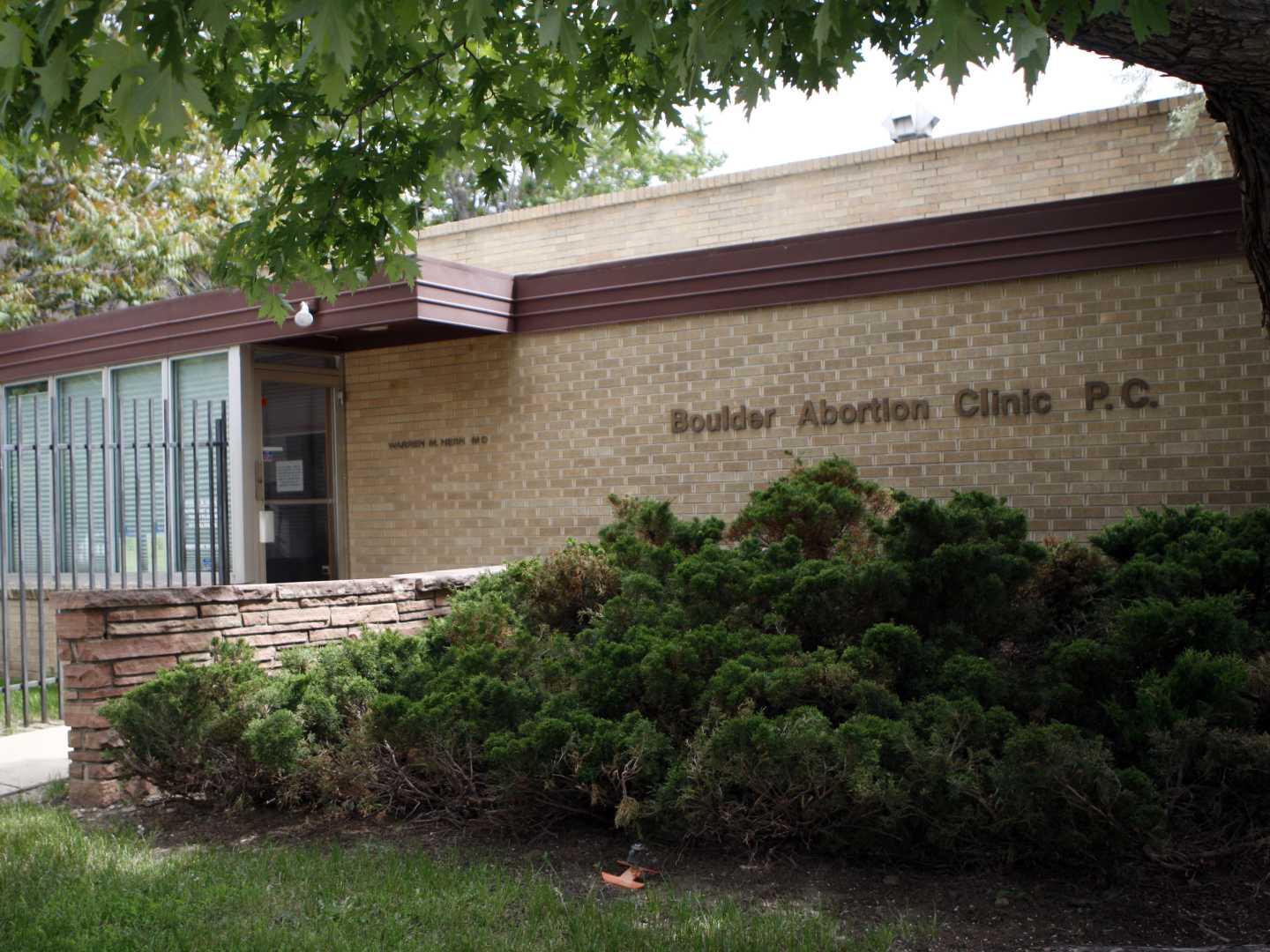Health
Accessing Later-Term Abortions: A Look Inside the Boulder Abortion Clinic

BOULDER, Colo. — Inside a secure clinic located in a typical office park, one of the rare facilities in the country provides access to later-term abortion procedures for women in desperate situations. Dr. Warren Hern has operated the Boulder Abortion Clinic since 1975 and serves patients facing various distressing circumstances.
Hern highlights the diverse cases he encounters, including a 12-year-old girl who is pregnant from sexual abuse and a 45-year-old woman whose pregnancy is complicated by a severe illness. Specializing specifically in second- and third-trimester abortions, Hern’s clinic draws significant political attention and debate.
Political figures often criticize later-term abortions, asserting that terminations after the point of fetal viability, approximately 24 weeks into pregnancy, are inappropriate. Former President Donald Trump notably expressed discomfort with later-term abortions and has spoken against extreme abortion provisions during recent public appearances.
Statistics from the CDC indicate that only about 1% of abortions occur after 21 weeks, with the majority taking place at or before nine weeks of pregnancy. Contrastingly, the political narrative often misrepresents the prevalence of such procedures.
Hern himself refrains from performing abortions in the late stages of pregnancy except under dire medical emergencies, which typically require a hospital setting. He expresses a desire to limit his practice to earlier-term abortions, yet observes growing need due to patients traveling from states with strict abortion laws.
In a recent week, his clinic attended to ten patients, each with unique circumstances. Cases ranged from a woman pregnant with conjoined twins to a surrogate carrying a non-viable fetus.
Among the patients, Hern relayed the story of a 15-year-old girl facing a pregnancy resultant from sexual abuse and another patient dealing with severe fetal anomalies, emphasizing the personal and often traumatic nature of these experiences.
One of Hern’s former patients, Emma, detailed her journey from Texas, where strict abortion bans left her vulnerable. She and her husband, Stewart, decided to seek care in Colorado after receiving a tragic diagnosis regarding their pregnancy. Emma expressed gratitude in a letter to Hern, acknowledging the compassionate care she received during the procedure and her family’s heart-wrenching loss.
Another patient named Willow encountered obstacles in discovering her pregnancy, resulting in a delayed decision that brought her to the clinic later than she had hoped. She described her experience navigating the complexities of pregnancy and the barriers created by crisis pregnancy centers that often attempt to dissuade women from seeking abortions.
According to Hern, the existing political climate has made late abortions more prevalent as women face delays in accessing necessary care. He notes that over one-third of his patients come from Texas, illustrating the impact of restrictive abortion laws in certain states.
Hern’s clinic has been subjected to threats and violence due to its practices, a reality that underscores the contentious nature of abortion services in the current political landscape. He recalls disturbing incidents, including shootings and threats against abortion providers.
Hern is also training a new generation of healthcare professionals to continue offering this vital service. A resident shared a poignant encounter with a patient who faced a fetal anomaly, underscoring the necessity and complexity of the services provided at the clinic.
As the issue of abortion continues to be debated politically, Dr. Hern intends to persist in his work, emphasizing the importance of care for women’s health and rights.












